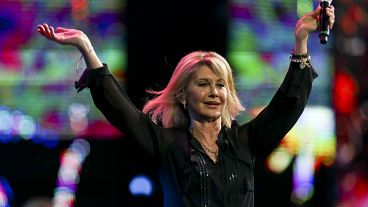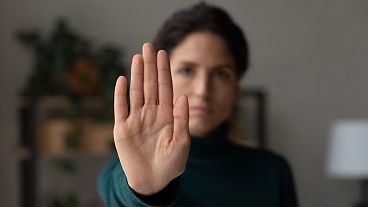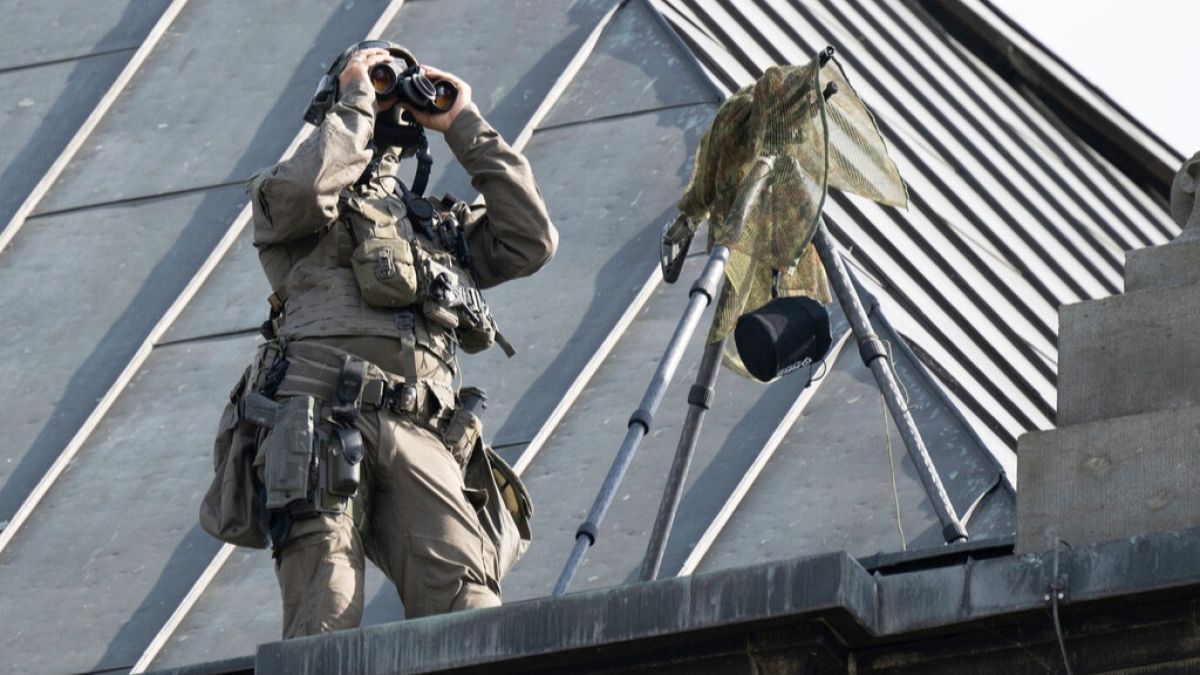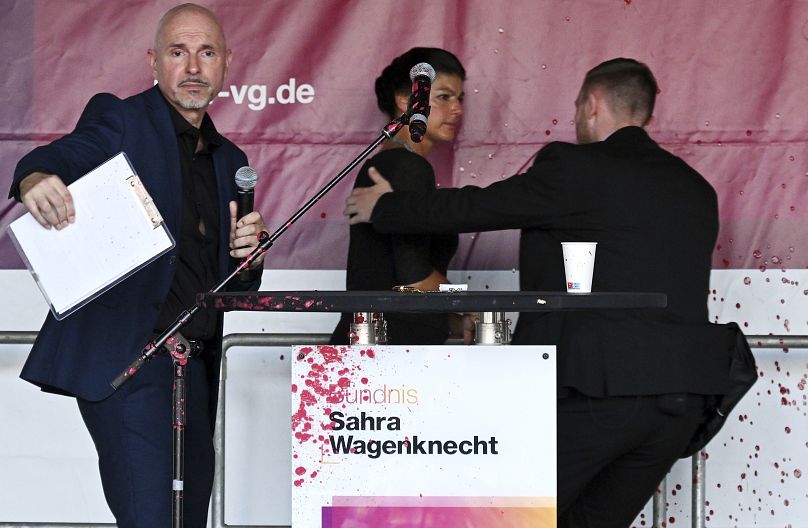Domestic extremism and international tension have combined to create a climate of fear in German politics.
The German police agency in charge of security for top politicians says it intends to boost the number of their bodyguards before the next national election due to growing threats at home and abroad.
The head of the Federal Criminal Police Office, Holger Münch, told the RND newspaper group that his office currently has more than 500 bodyguards, but plans to add 100 next year and another 100 after that.
"This has to do not just with growing dangers at home but also abroad," Münch said, "for example with the Ukraine or Gaza wars."
Münch's office is responsible for the protection of top-tier politicians, among them President Frank-Walter Steinmeier, Chancellor Olaf Scholz, federal government ministers and leading lawmakers in the German parliament.
Germany has been confronting rising extremism head-on in recent years, including threats to those at the very top of politics. This summer saw the start of the trial of several plotters belonging to the so-called "Reichsbürger" group who had planned to try and overthrow the federal government in a coup.
There have also been lower-level protests that have raised questions about politicians' safety. In August, the breakaway "left conservative" leader Sahra Wagenknecht was sprayed with red paint by a protester at a rally in the eastern city of Erfurt.
Germany's next federal election is scheduled for 28 September next year. German politics are in a disgruntled and volatile state, with Scholz leading an unpopular three-party coalition government that has become notorious for infighting.
Scholz plans to seek a second term. He faces a challenge from mainstream conservative opposition leader Friedrich Merz, whose Union bloc leads in national polls.
The far-right party Alternative for Germany (AfD) is still polling strongly but recently suffered a blow in the Brandenburg state election, where tactical voting saw Scholz's Social Democrats pull off a surprise victory.
Nonetheless, the AfD topped the vote in the earlier Thuringia election despite its local leader, Björn Höcke, facing prosecution for using Nazi slogans at party meetings.
It also came a very narrow second behind the Christian Democrats in neighbouring Saxony.













